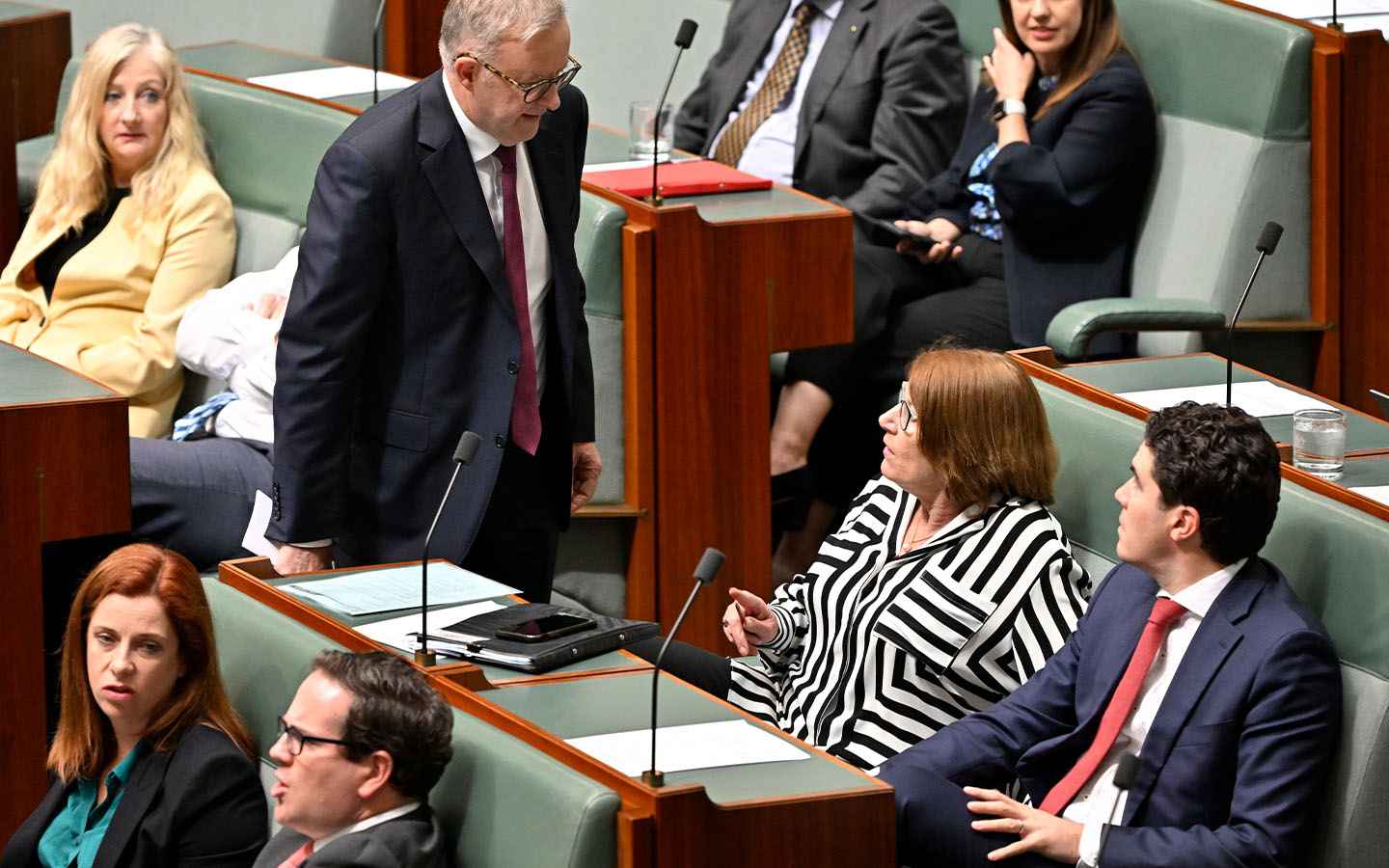Party Whip System: Recent discussions on the role of party whips in Indian politics have gained significant attention. Vice President Jagdeep Dhankhar has expressed concerns about how whips restrict an MP’s freedom of expression. He argues that enforcing party loyalty can suppress individual opinions. This has sparked a broader debate on the impact of the whip system in parliamentary democracy.
Definition of Party Whip System
A party whip is an official in a political party responsible for ensuring party discipline among its members. The primary role of the whip is to ensure that party members attend parliamentary sessions and vote according to the party line, especially during crucial votes. Non-compliance with a whip’s directive can result in severe consequences, including disqualification from the legislature.
Historical Context
The term “whip” originates from hunting terminology in England, where it referred to a person who managed hounds in a hunt. The role was later formalized in political contexts by Edmund Burke. In India, the whip system has been integral since the inception of parliamentary democracy, ensuring party cohesion and disciplined governance.
Importance of the Party Whip System
The whip system plays a crucial role in maintaining party unity and discipline. Its key functions include:
- Ensuring that members are present during key votes that could determine the fate of legislation.
- Strengthening the party’s influence in parliamentary proceedings.
- Preventing instability caused by members voting against the party’s official stance.
A party’s strength is often reflected in its ability to mobilize its members effectively through the whip system.
Types of Whips
There are three main types of whips used in parliamentary practice:
- One-line whip – Informs members about a vote but allows them to abstain if they choose.
- Two-line whip – Requires members to be present during the vote but does not dictate how they must vote.
- Three-line whip – Mandates attendance and enforces strict voting in line with party directives. Violating a three-line whip can lead to disciplinary action, including disqualification under the Anti-Defection Law.
Implementation of the Whip System
The enforcement of the whip system is primarily the responsibility of the Chief Whip, who is assisted by additional whips. Their duties include:
- Ensuring party members comply with voting instructions.
- Monitoring attendance during crucial legislative sessions.
- Communicating the party’s stance on legislative matters.
In the Lok Sabha, the Minister of Parliamentary Affairs serves as the chief whip, while in the Rajya Sabha, a Minister of State assumes this role.
Penalties for Defying a Whip
Failure to comply with a whip, particularly a three-line whip, can have serious consequences. The most severe penalty is disqualification under the Anti-Defection Law, which was enacted to prevent political instability caused by defections. The Supreme Court of India has upheld the necessity of the whip system in maintaining party integrity and ensuring stable governance.
National Whip Conferences
The All-India Whips Conference, held since 1952, serves as a platform for whips from various parties to discuss strategies and share best practices. These conferences promote cooperation among political factions and help refine the functioning of the whip system in India.




